An Overview of Kubernetes: Key Concepts and Architecture

Kubernetes is an open-source container orchestration platform designed to automate deployment, scaling, and management of containerized applications. Its architecture includes master and worker nodes, pods, services, and controllers, facilitating robust application orchestration.
Kubernetes vs. Docker Swarm: An In-Depth Technical Comparison
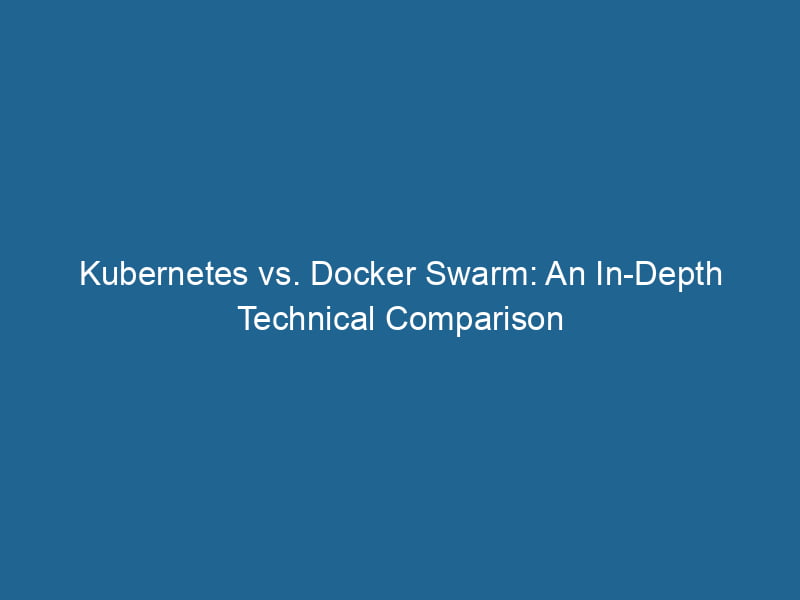
Kubernetes and Docker Swarm are two prominent container orchestration tools. This article examines their architecture, scalability, networking capabilities, and ease of use to help teams choose the right solution.
Efficiently Running Docker Containers within Kubernetes Environments
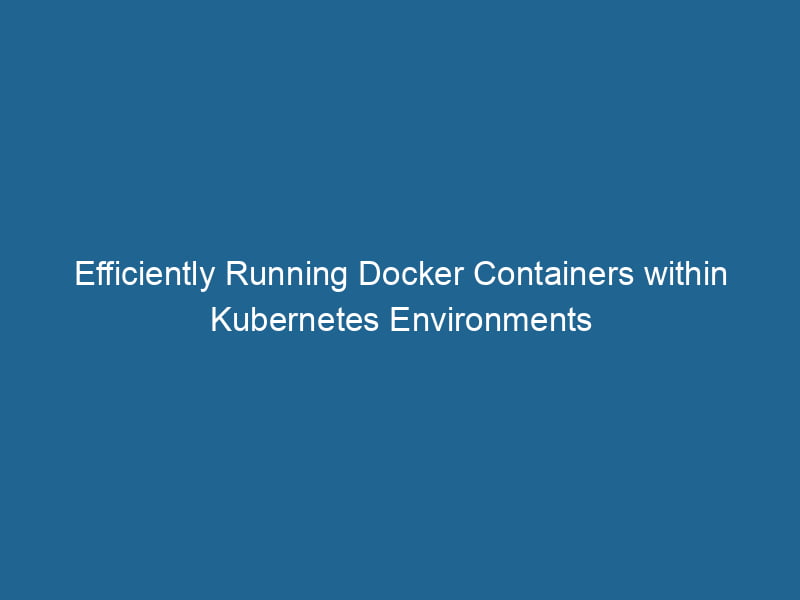
Efficiently running Docker containers within Kubernetes requires optimized resource allocation, effective pod scheduling, and proper use of namespaces to ensure scalability and maintainability.
Best Practices for Deploying Applications Using Kubernetes
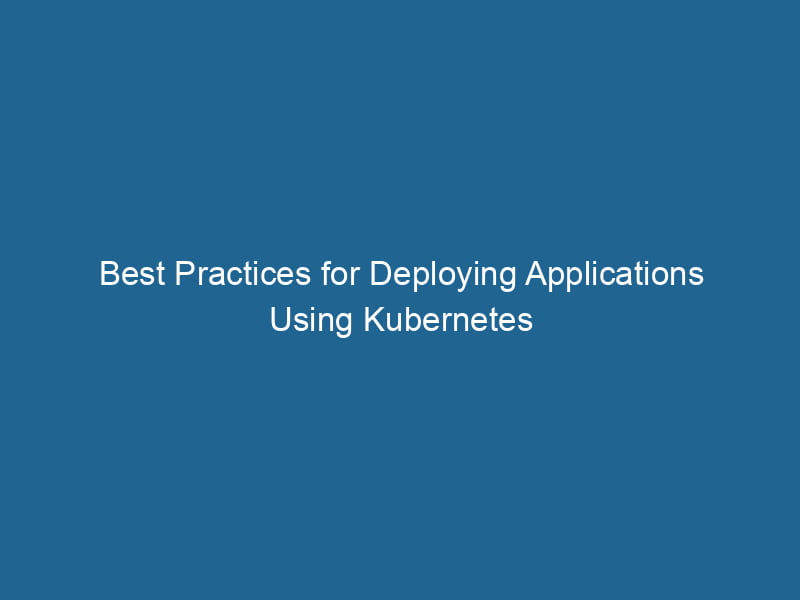
When deploying applications using Kubernetes, adopt a strategy that includes using namespaces for resource isolation, implementing health checks, and leveraging ConfigMaps for configuration management.
Effective Strategies for Managing Kubernetes Pods and Services
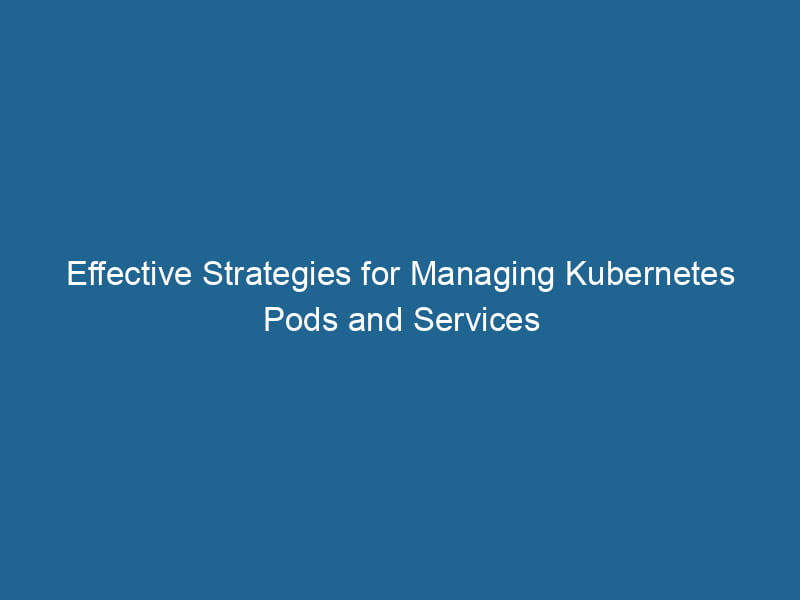
Effective management of Kubernetes pods and services requires strategies like resource allocation, scaling, health checks, and monitoring to ensure optimal performance and reliability within your cluster.
Transitioning from Docker to Kubernetes: Networking Essentials
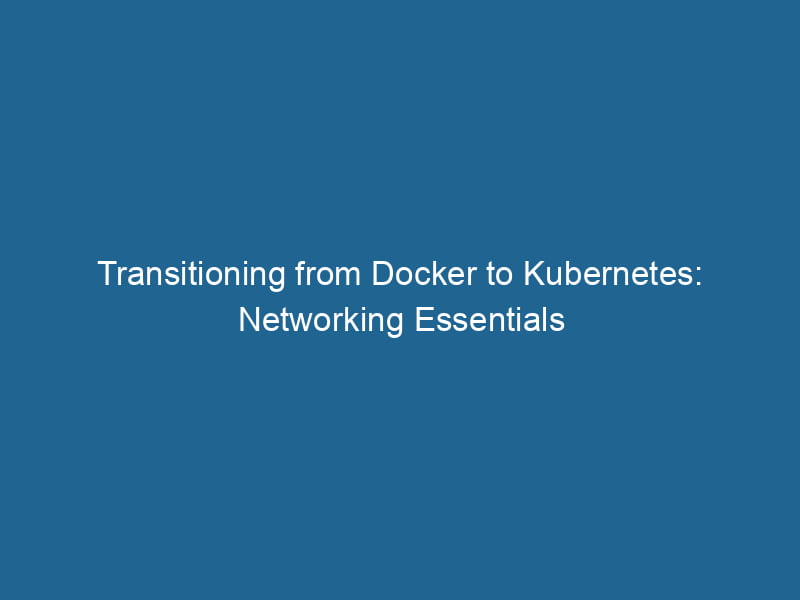
Transitioning from Docker to Kubernetes requires a deep understanding of networking fundamentals. Key concepts include pod networking, service discovery, and load balancing, essential for seamless communication.
Streamlining Kubernetes Deployments with Helm Charts

Helm charts simplify Kubernetes deployments by packaging applications with their dependencies, enabling easy version control and rollbacks, thus enhancing operational efficiency and consistency.
Comprehensive Guide to Kubernetes Monitoring and Logging
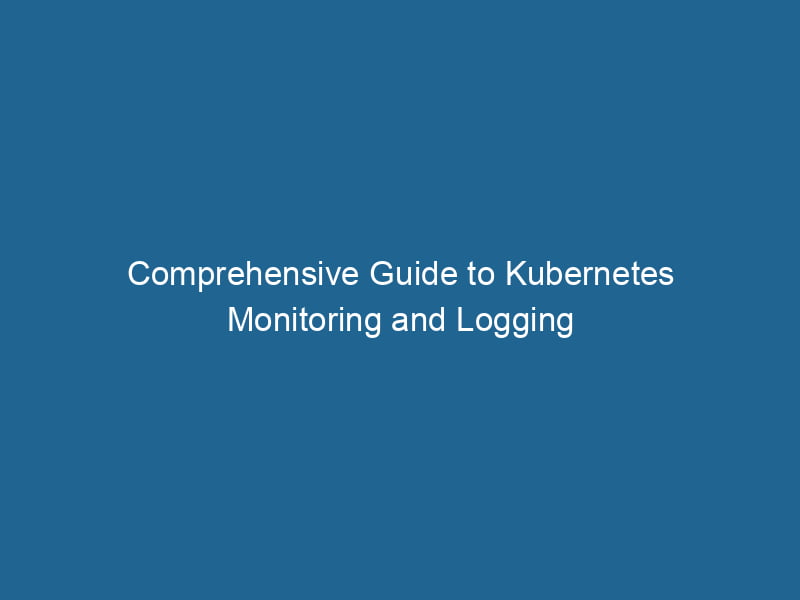
Kubernetes monitoring and logging are essential for maintaining cluster health and performance. This guide explores tools, best practices, and strategies to effectively manage and analyze metrics and logs.
Optimizing Application Scalability with Kubernetes Framework
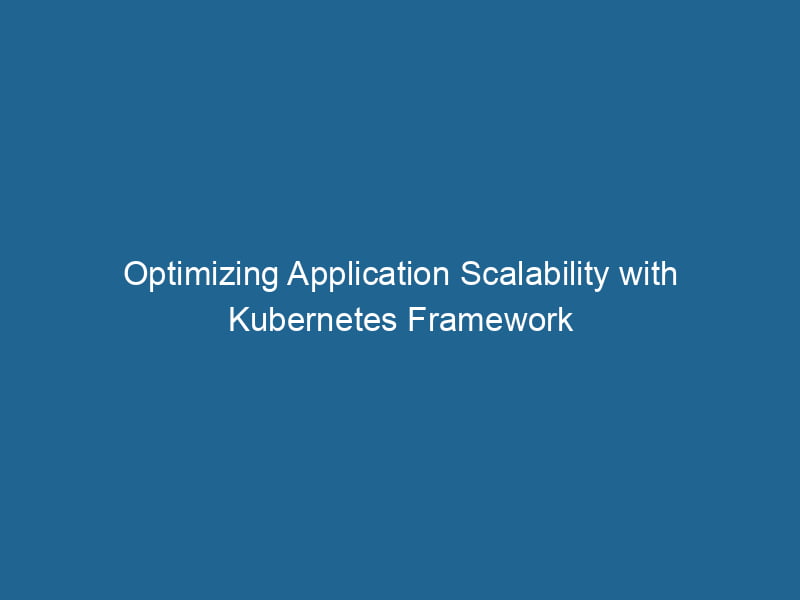
Kubernetes offers robust features for optimizing application scalability by leveraging container orchestration, automated scaling, and efficient resource management to enhance performance and reliability.
Essential Security Best Practices for Kubernetes Deployment
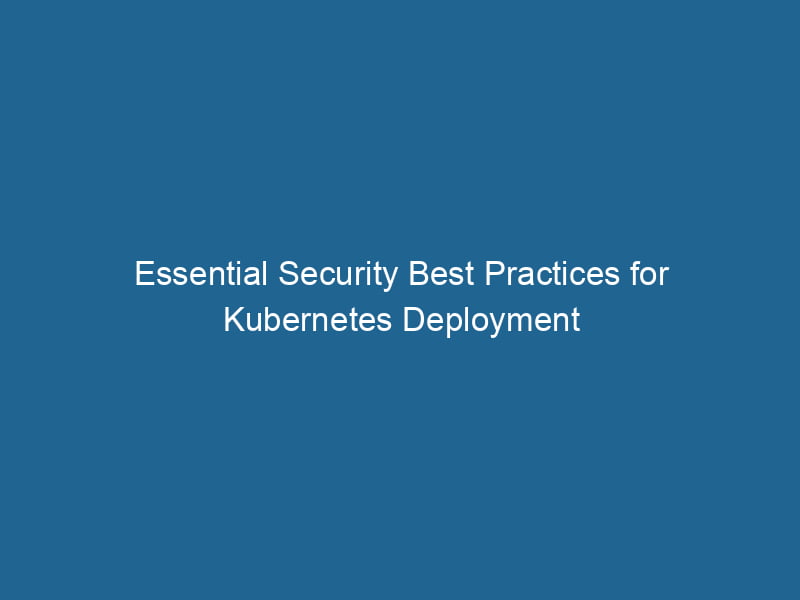
When deploying Kubernetes, adhere to essential security best practices: implement RBAC for access control, regularly update clusters, utilize pod security policies, and enable network segmentation to minimize vulnerabilities.
